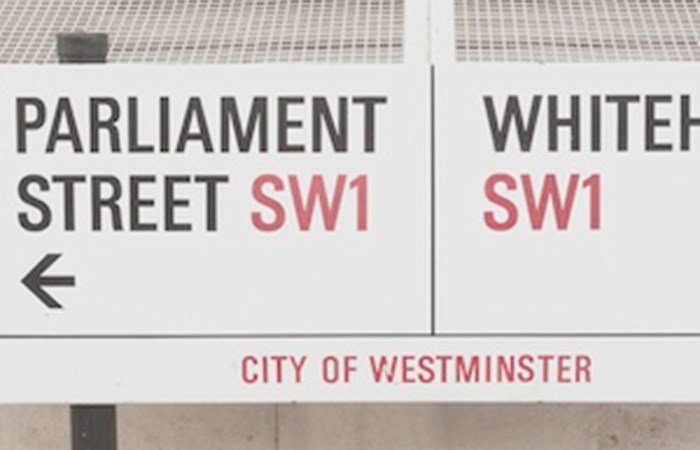Parole Board

As part of the Fair for the Future work to develop and streamline our new case management model, existing practices and processes are being reviewed to meet business needs.Workshops involving Parole Board members and staff, together with NOMS representatives provided ideas to start a review and redesign of the current model. An emerging model was then presented to over 140 Parole Board members at a number of events.
We have also engaged with representatives from prisons, probation, PPCS, Probation Chiefs Association (PCA) and Association of Prison Lawyers (APL). Further events are being planned to ensure we understand the perspective of prisoners and legal representative.
Staff are working to develop greater flexibility and are currently trialling a new multi-skilled team to provide support to all types of parole reviews and this is providing learning to inform wider implementation plans.
Our next key challenge is to conclude as many reviews as possible. Around 550 cases are listed a month which is the maximum current capacity. Additional resources will be recruited to reach a monthly hearing figure of nearer 750 cases.
We will also need to start testing elements of the new model which will involve putting in place interim measures and running pilots. Whilst this work is ongoing we must not lose sight of the need to maintain the quality of our decisions, whilst providing fair, robust and timely parole reviews.
Determinate review cases have already been changed to single member panels, to bring them in line with all other paper reviews. The panel member now has the option to consult or seek advice from a second member. This increased our listing capacity from 105 per month to 142, without increasing resource. We will be monitoring the panels over the next few months and make adjustments as needed.
We have set up a pilot which will aim to test the second assessment stage of the model.The principles behind this are that all cases will go through one central assessment system, to either conclude them on the papers or prepare them for an oral hearing.
The second taskforce pilot will aim to test the final stage: the oral hearing stage. This will allow:
- a flexible approach to how we list and hear cases
- looking at different options for panel composition
- listing different types and numbers of cases on a day
- testing if we can list more quickly than the current three months
We are taking a different approach to how we list cases for July 2014 with the aim of increasing the number listed by reducing panels to two members from three and list more flexibly.
We will ensure that business as usual is disrupted as little as possible, whilst running these pilots.
We would like to thank all our partners across the parole process, who have already contributed to this work and for their co-operation as we move forward.
